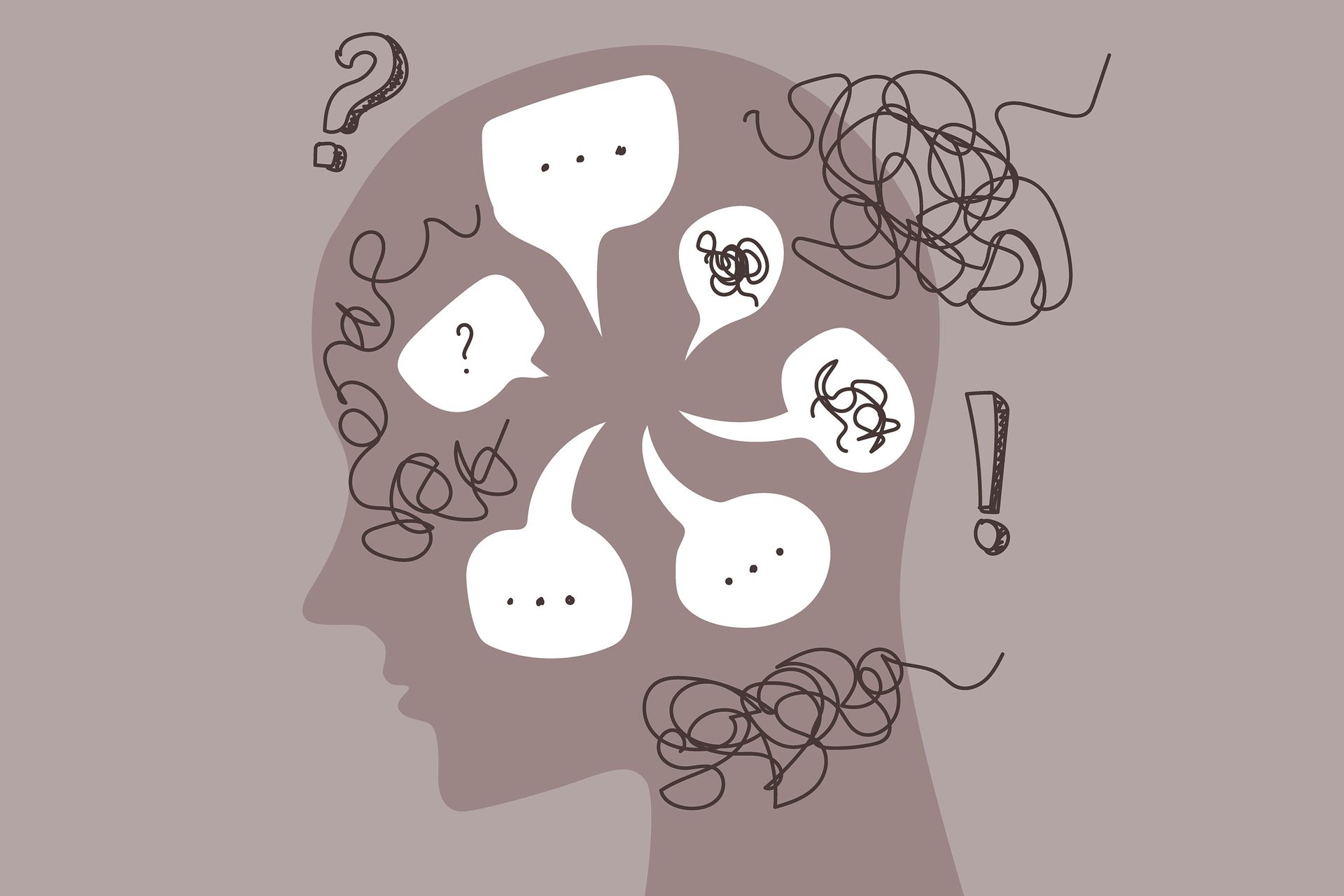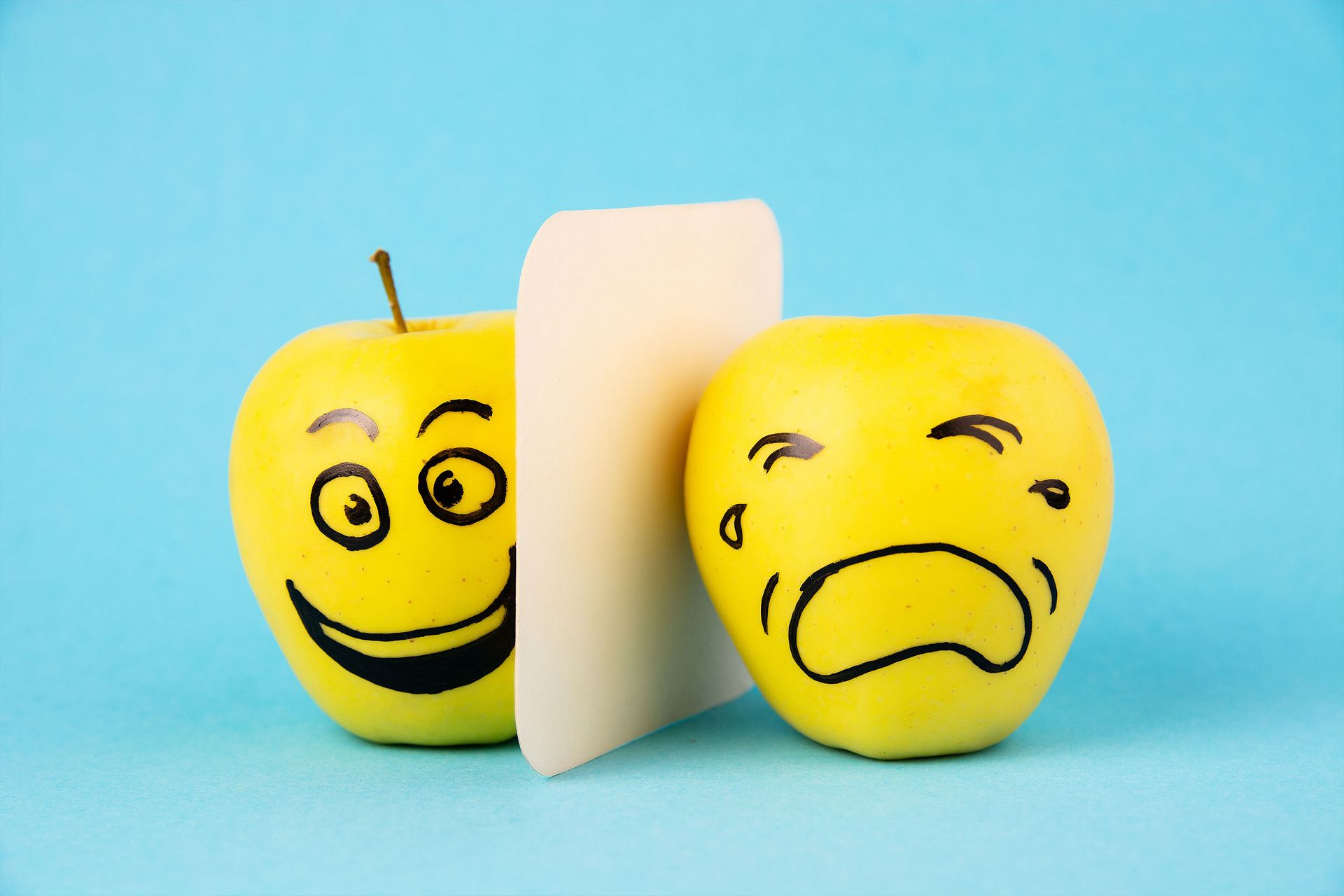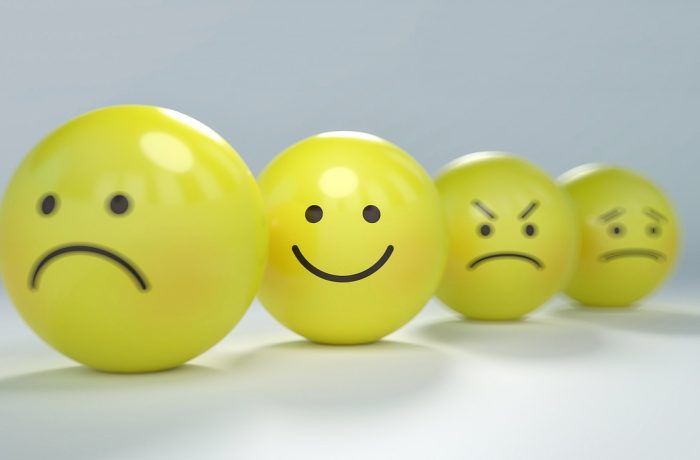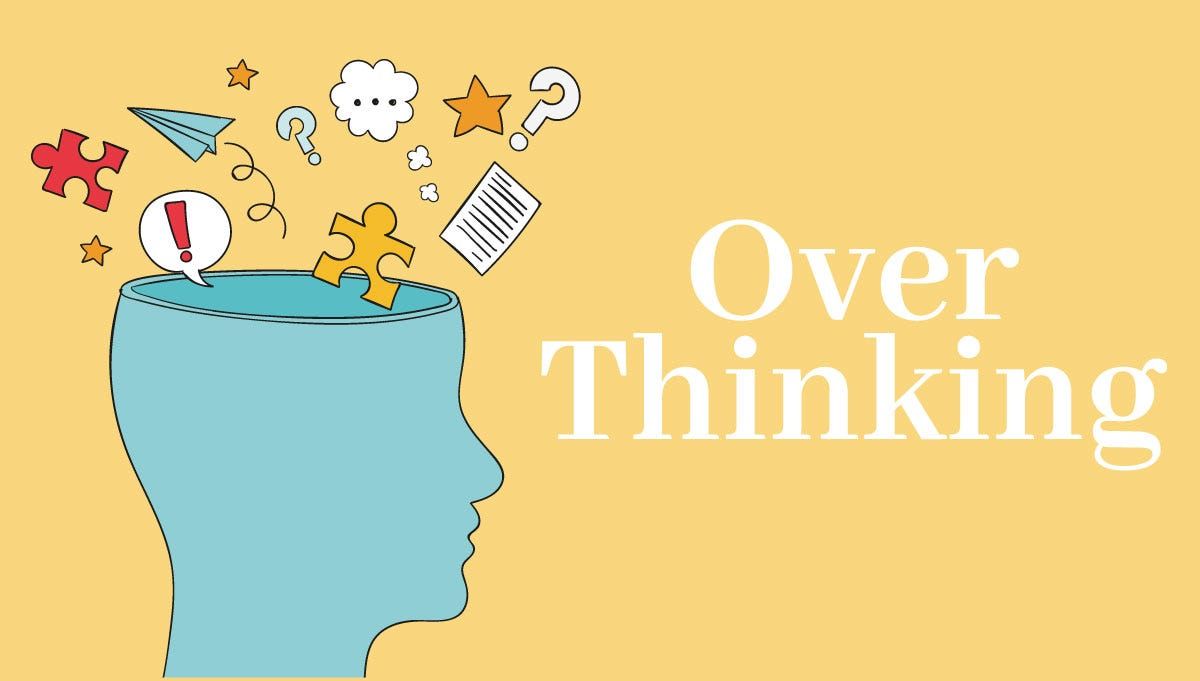How Smartphones Fuel Depression in the Digital Age

In an era defined by technological advancements and connectivity, smartphones have become an indispensable part of our daily lives. These pocket-sized devices offer unparalleled convenience, enabling us to stay connected, informed, and entertained at all times. However, beneath their sleek exteriors lies a darker reality – one where the constant use of smartphones is contributing to a silent epidemic of depression and anxiety.
The allure of smartphones is undeniable. With just a few taps, we can access a wealth of information, communicate with friends and family across the globe, and immerse ourselves in a myriad of entertainment options. Yet, this constant connectivity comes at a cost. Studies have shown a significant correlation between excessive smartphone use and mental health issues such as depression, anxiety, and loneliness.
One of the primary ways in which smartphones contribute to depression is through social media. Platforms like Facebook, Instagram, and Twitter provide a curated glimpse into the lives of others, often leading to feelings of inadequacy and FOMO (fear of missing out). Scrolling through endless feeds filled with carefully crafted posts and filtered photos can create unrealistic expectations and fuel comparison, leaving individuals feeling inadequate and disconnected from reality.
Moreover, the addictive nature of smartphones exacerbates these feelings of isolation and loneliness. The constant barrage of notifications, likes, and comments triggers a dopamine response in the brain, reinforcing the urge to constantly check our devices. This cycle of dependency not only distracts us from meaningful real-life interactions but also fosters feelings of emptiness and disconnection when the virtual world fails to provide the fulfillment we seek.
Furthermore, the blue light emitted by smartphones disrupts our sleep patterns, leading to fatigue, irritability, and a diminished sense of well-being. Studies have shown that exposure to artificial light at night suppresses the production of melatonin, the hormone responsible for regulating sleep, leading to poor quality sleep and an increased risk of depression.
In addition to social media and sleep disturbances, smartphones also contribute to depression through their impact on interpersonal relationships. While smartphones have made it easier than ever to stay connected, they have also eroded the quality of face-to-face interactions. Constantly checking our phones during meals, conversations, and social gatherings not only signals a lack of presence and attention but also undermines the depth of our relationships, leaving us feeling disconnected and unfulfilled.
So, what can be done to mitigate the adverse effects of smartphones on mental health? The solution lies in establishing healthy boundaries and adopting mindful technology use practices. This includes setting limits on screen time, taking regular digital detoxes, and prioritizing real-life interactions over virtual ones.
Additionally, cultivating self-awareness and building resilience against the pressures of social media can help inoculate individuals against the negative effects of smartphone use. This may involve unfollowing accounts that trigger feelings of inadequacy, limiting comparison, and practicing gratitude for the present moment.
Ultimately, while smartphones have revolutionized the way we communicate and navigate the world, it's crucial to recognize their potential impact on mental health. By fostering a more mindful and balanced approach to technology use, we can reclaim control over our well-being and cultivate a healthier relationship with our digital devices. After all, true happiness lies not in the virtual world of pixels and notifications but in the richness of human connection and the beauty of the present moment.













